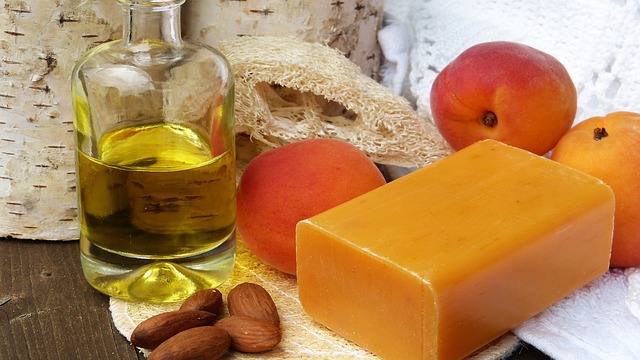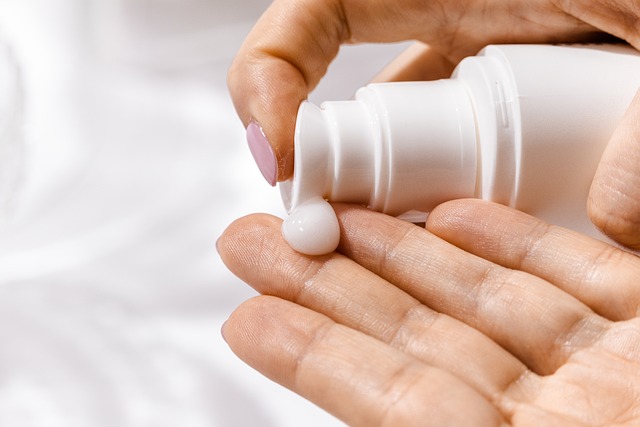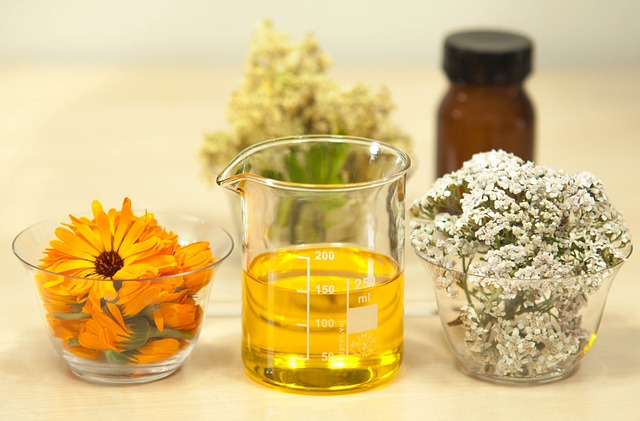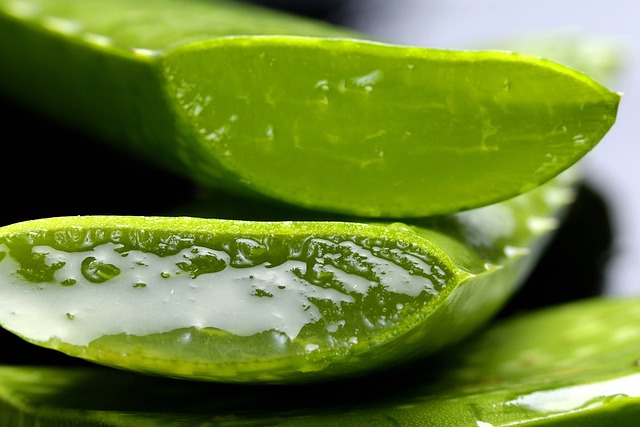Lemon, with its refreshing scent and high vitamin C content, has been recognized for its potential benefits for skin health. From brightening the complexion to reducing acne, lemon has become a popular natural ingredient in skincare routines. In this article, we will explore the advantages of using lemon for skin health, provide a simple homemade face mask recipe, and discuss important precautions to keep in mind.
The Benefits of Lemon for Skin Health
- Natural Skin Brightener: The citric acid in lemons acts as a natural exfoliant, helping to remove dead skin cells and brighten the complexion.
- Vitamin C Boost: Lemons are rich in vitamin C, a powerful antioxidant that helps protect the skin from free radical damage and supports collagen production for a more youthful appearance.
- Acne-Fighting Properties: The antibacterial properties of lemons may help combat acne-causing bacteria, reducing the occurrence of breakouts.
- Oil Control: The acidic nature of lemons can help balance oil production, making it a potential solution for those with oily or combination skin.
- Dark Spot Reduction: The natural bleaching properties of lemon juice may help lighten dark spots and hyperpigmentation over time.
Homemade Lemon Face Mask Recipe
Here is a homemade simple lemon face mask to pamper your skin and rejuvenate it.
Ingredients:
- 1 tablespoon fresh lemon juice
- 1 tablespoon honey (preferably raw and organic)
- 1 tablespoon plain yogurt (optional, for soothing effect)
Instructions:
- In a small bowl, combine the fresh lemon juice and honey.
- If desired, add plain yogurt to the mixture and mix well to create a smooth paste.
- Cleanse your face thoroughly and pat it dry.
- Apply the lemon face mask evenly to your face, avoiding the eye area.
- Leave the mask on for about 15 minutes.
- Rinse off the mask with warm water and gently pat your face dry.
- Follow up with your regular skincare routine, such as applying a moisturizer.
Precautions When Using Lemon on Your Skin
- Dilution: Lemon juice is highly acidic and can be harsh on the skin, so it is essential to dilute it with other ingredients like honey or yogurt before applying it to your face.
- Patch Test: Before using any lemon-based products or face masks, perform a patch test on a small area of your skin to check for any adverse reactions or sensitivity.
- Sun Sensitivity: Lemon juice can make your skin more sensitive to sunlight. Avoid direct exposure to the sun after using lemon-based products and always wear sunscreen when going outside.
- Irritation and Allergies: Some individuals may experience irritation or allergic reactions when using lemon on their skin. If you notice redness, itching, or discomfort, discontinue use immediately and consult a dermatologist.
Incorporating lemon into your skincare routine can offer several potential benefits for your skin health and it can be a valuable addition to your natural skincare regimen. However, it is crucial to take precautions, such as diluting lemon juice, performing patch tests, and protecting your skin from sun exposure. By using lemon responsibly and with proper care, you can harness its natural benefits and promote a healthier, glowing complexion.
Image by Seksak Kerdkanno from Pixabay
Skin
-

How to Use Apple Cider Vinegar for Healthy Skin
As a seasoned natural health practitioner, I’ve delved into the multifaceted realm of holistic remedies for various ailments. A standout ingredient in my consultations and teachings has been apple cider vinegar (ACV). This ancient elixir, with its sharp aroma and sour taste, holds a special place in natural skin care. Here, we’ll explore how ACV…
-

The Magic of Glycerin in Skincare: Homemade Lotion Recipe Included
-

Alleviating Insect Bites with the Best Natural and Herbal Remedies
-

DIY Mosquito Repellent: How and Why to Make Your Own
-

Best Natural and Herbal Remedies for Soothing Mosquito Bites
-

Health Effects of Mosquito Repellents and How to Choose the Safest Option
-

Herbal Remedies for Acne – Unlock Nature for Clearer Skin









Leave a Reply